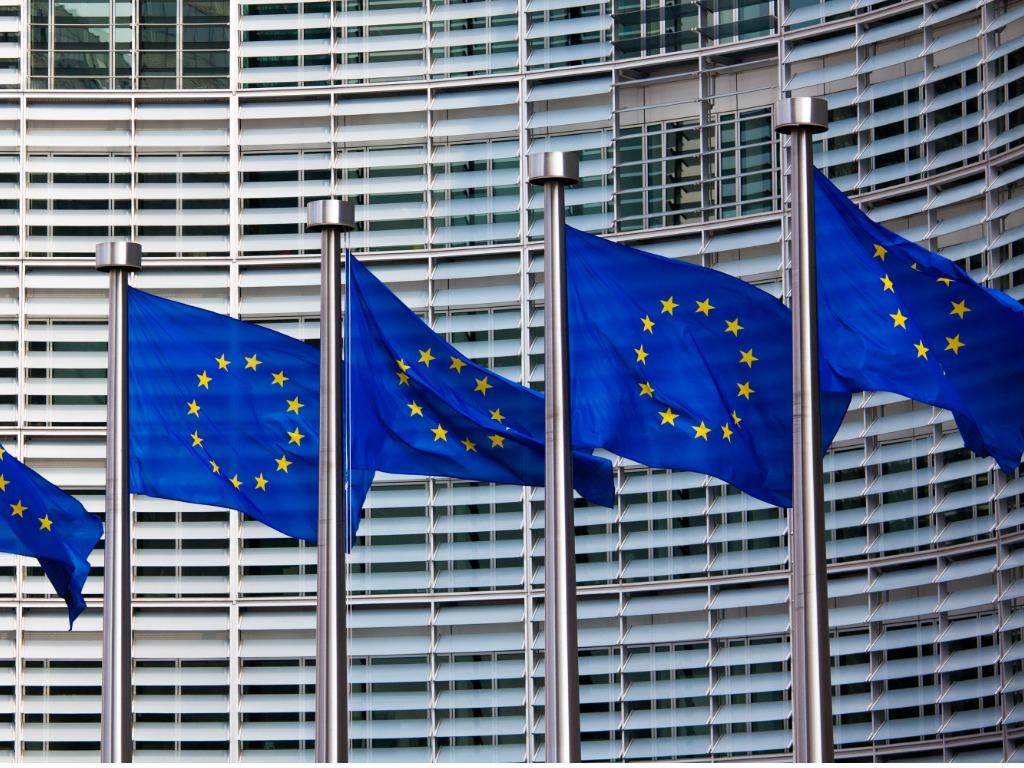23 State Coalition Warns SBTi, Financial Firms Over Antitrust Risk from Net Zero Commitments
A group of 23 U.S. State Attorneys General*, led by Iowa AG Brenna Bird, published a letter sent to the Science Based Targets initiative (SBTi), demanding information about the organization and its members, citing concerns about potential violations of antitrust, consumer protection and other laws from participation in the net zero group.
The AGs’ letter included a particular focus on the SBTi’s recently released Financial Institutions Net-Zero (FINZ) Standard, which it suggested formed an agreement to cut off funding and insurance to the oil and gas industry.
The letter follows the launch earlier this month of an investigation into the SBTi, alongside environmental disclosure platform CDP, by Florida Attorney General James Uthmeier into alleged potential antitrust violations and deceptive trade practices. Uthmeier is also a signatory to the new letter.
The SBTi was founded in 2015, with the goal to establish science-based environmental target setting as a standard corporate practice. The organizations’ key functions include defining and promoting best practice in emissions reductions and net-zero targets in line with climate science, providing technical assistance to companies who set science-based targets, and providing companies with independent assessment and validation of their emissions reduction targets.
In July, the SBTi released its finalized Financial Institutions Net-Zero (FINZ) Standard, aimed at enabling banks and investors to set net zero-aligned targets for their lending, investing, insurance and capital markets activities. Among the key requirements set out for financial institutions to achieve goals aligned with the new standard is the publication of a “fossil fuel transparency policy,” requiring financial institutions to publish policies to immediately end project finance explicitly linked to fossil fuel expansion activities and general purpose finance of companies involved in coal expansion, end general purpose finance to oil and gas companies involved in expansion by 2030, and to transition portfolio energy activities to net zero by 2050.
In the letter, the AGs state that they “have grave concerns about these types of arrangements and commitments,” and warn that the SBTi, and financial institutions that commit to the SBTi standards “risk violating federal and state antitrust laws as well as state consumer protection laws.”
Specifically, the letter states that “members who submit goals to SBTi appear to have banded together to meet the new Standard to cut off funding and insurance to the oil and gas industry,” adding that “companies cannot collude to refuse access to their services, whether they do so in a smoke-filled room or launder that collusion through a third party.”
The letter also points to risks of violating consumer protection laws through potential greenwashing for companies that fail to meet their climate goals or make goals that can’t be met, and adds that even “a company that seriously believed in its pledge to SBTi would likely need to be open with consumers about the actual probability that Earth’s economy would reach net-zero carbon emissions by 2050 absent near-universal government coercion or near-universal effort by the entire global populace.”
The AGs also highlight a series of additional legal concerns, such as potential violations of state laws against companies that “boycott the fossil fuel industry,” and laws against basing insurance coverage decisions on factors other that underwriting risk.
Information and documents requested by the AGs include all communications between the SBTi and members related to commitments, and relating to the development of the FINZ standard, a description of the SBTi’s core funding sources, “which insurance companies working within the SBTi framework are actively working to reduce emissions,” along with information about how the insurers’ engagement with the SBTi influenced decisions to work to reduce emissions, and whether the insurers are refusing to insure individuals or entities based on its emissions reduction goals.
In a statement announcing the letter, Attorney General Bird said:
“SBTi is trying to redo President Biden’s radical green scheme. If successful, they’ll hurt farmers, energy producers, and Iowans. Its program limits output of goods or services, and these unrealistic net-zero programs harm both American agriculture and industry. Making net-zero a goal actively harms Americans, creates risk for energy independence, and increases the cost of safe, healthy, nutritious food.”
Click here to access the letter.
*The letter was signed by AGs from Alabama, Alaska, Arkansas, Florida, Georgia, Idaho, Indiana, Iowa, Kansas, Louisiana, Mississippi, Missouri, Montana, Nebraska, North Dakota, Oklahoma, South Carolina, South Dakota, Tennessee, Texas, Virginia, West Virginia, and Wyoming.





